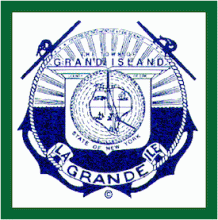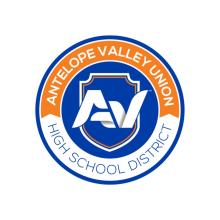
When a community is plagued with poor connectivity, it impacts residents, businesses, schools, and government. Several entities within a community sometimes band together to explore solutions. In Grand Island, New York, the Town Board and the School District are pooling resources in search of possibilities.
Chronically Slow
The town entered into a contract for Internet access with Time Warner Cable, which was purchased by Charter Communications; the company now serves the town under the name “Spectrum.” According to Town Supervisor Nathan McMurray, he’s measured speeds in Town Hall, which dip as slow as 5 to 10 Megabits per second (Mbps). The cable provider claims that its speeds are 50 Mbps. "I can't find anyone who has had 50 Mbps, the fastest I've seen is 25," said McMurray. "Every week I receive screenshots from people complaining."
Grand Island (population approximately 21,000) is in the Niagara River and considered part of Erie County. The county is at the western border of the state with Canada; Buffalo is the nearest American urban center.
A Middle Mile Partnership?
The town and the school district have commissioned a feasibility study to examine the idea of investing in a publicly owned fiber-optic line through the middle of the island. The city hopes the investment will encourage more providers to move into the area and build out last mile infrastructure to serve the community.
School district representatives mentioned that they are satisfied with the service the schools now receive from the Board of Cooperative Educational Services, but are in interested in the benefits of owning the infrastructure:
"By building their own infrastructure (the school district) will have at least as good as service as they do now, but they will own the lines," said McMurray of the potential for a partnership. "And by leveraging the power of the schools the municipal infrastructure will benefit as well. By involving the school this puts this into the realm of possibility."
Schools are able to use federal E-rate funding to build fiber-optic infrastructure. Partnerships like this - between school districts and local government - have facilitated municipal network projects in other communities. Schools in Chanute and Ottawa in Kansas used E-rate funding to deploy school fiber networks, which were eventually integrated into community networks. By eliminating the cost of leasing lines for connectivity, local schools can direct more funds toward educational programs.
The public schools in Missoula, Montana, expect to save approximately $150,000 per year with a similar investment that will allow them to eliminate leased lines.
Troubled Relationship
Grand Island and the national provider appear to have a rocky history. The Buffalo News reported:
In addition, the town's Cable Communications Advisory Board recently conducted an audit of Time Warner under the old contract and discovered that the company had shorted the town. That audit resulted in a $67,000 payment to the town in January. A second audit a few weeks ago is expected to bring in further dollars, added McMurray.
Slower than promised connectivity in Town Hall and financial mishaps add up to no love lost between the provider and Grand Island. Charter and its newly acquired Time Warner Cable are facing allegations all over the state of New York of similar behavior. In February, Attorney General Eric T. Schneiderman filed a lawsuit alleging that Charter and Spectrum (as Time Warner Cable) knowingly defrauded and mislead customers by selling them Internet access speeds that the companies knew is could not provide. In addition to monetary damages based on the returns from the fraudulent behavior, the state wants the companies to pay penalties.






